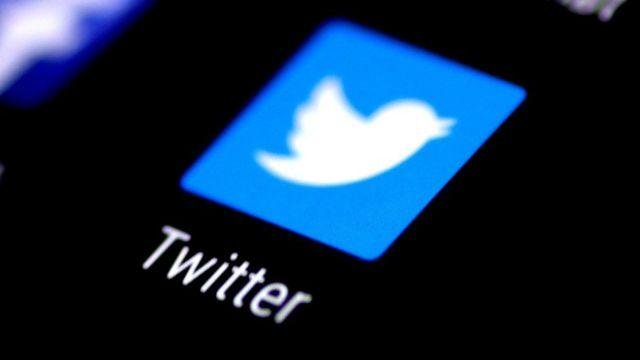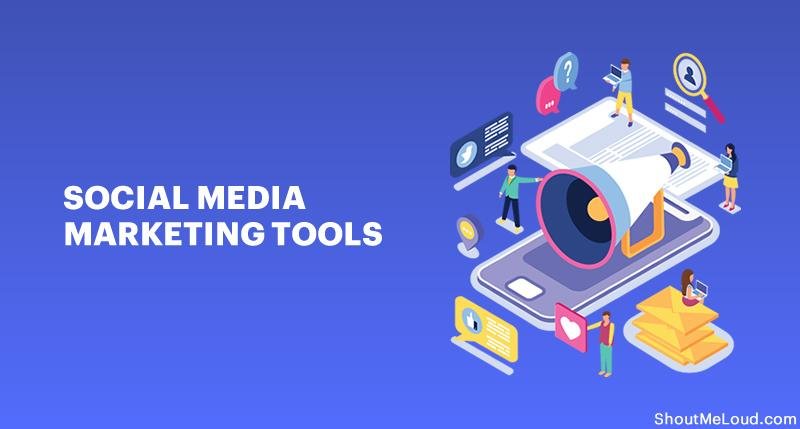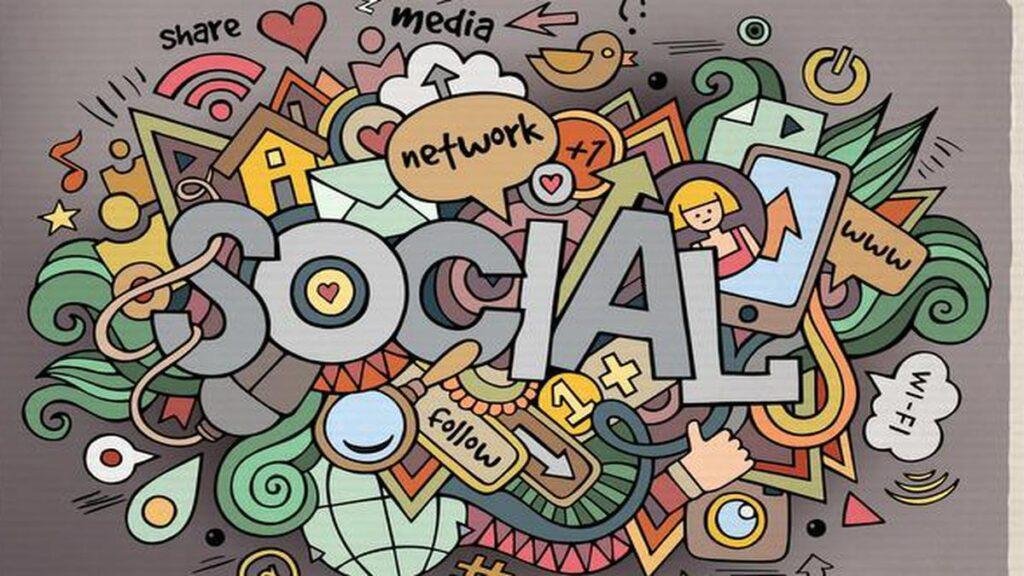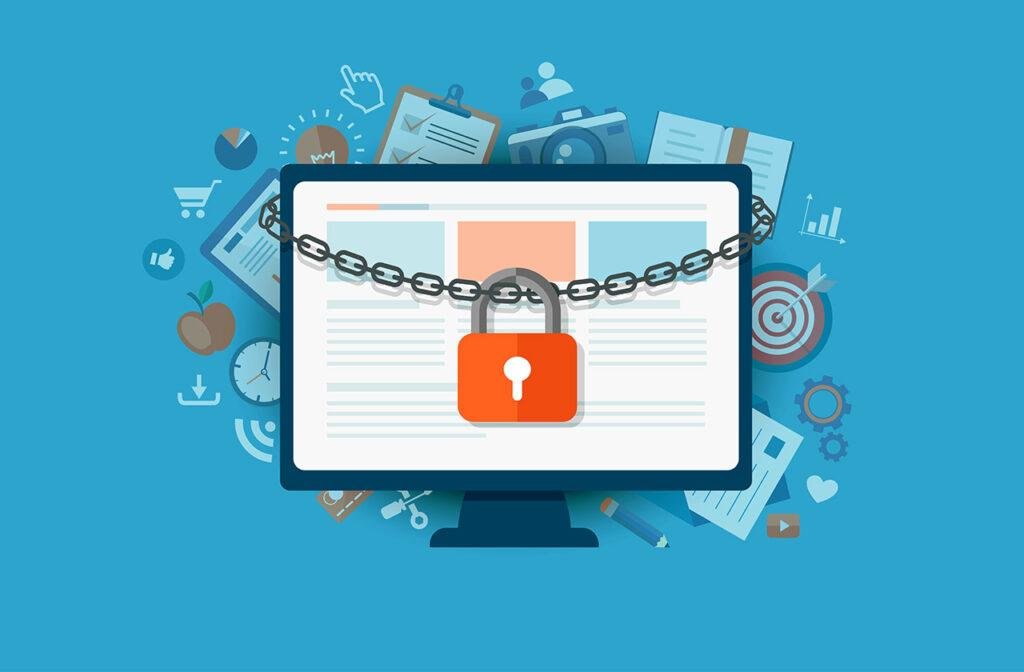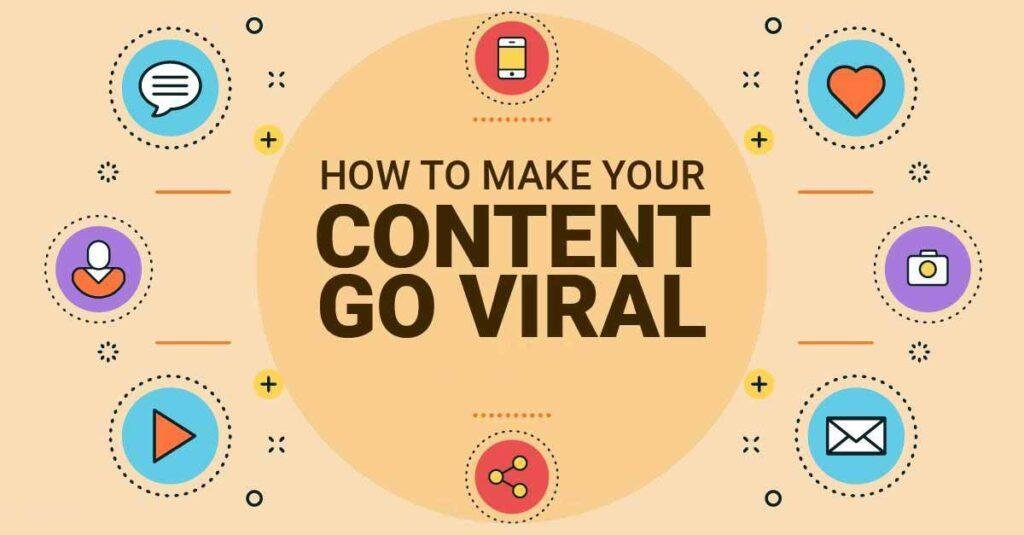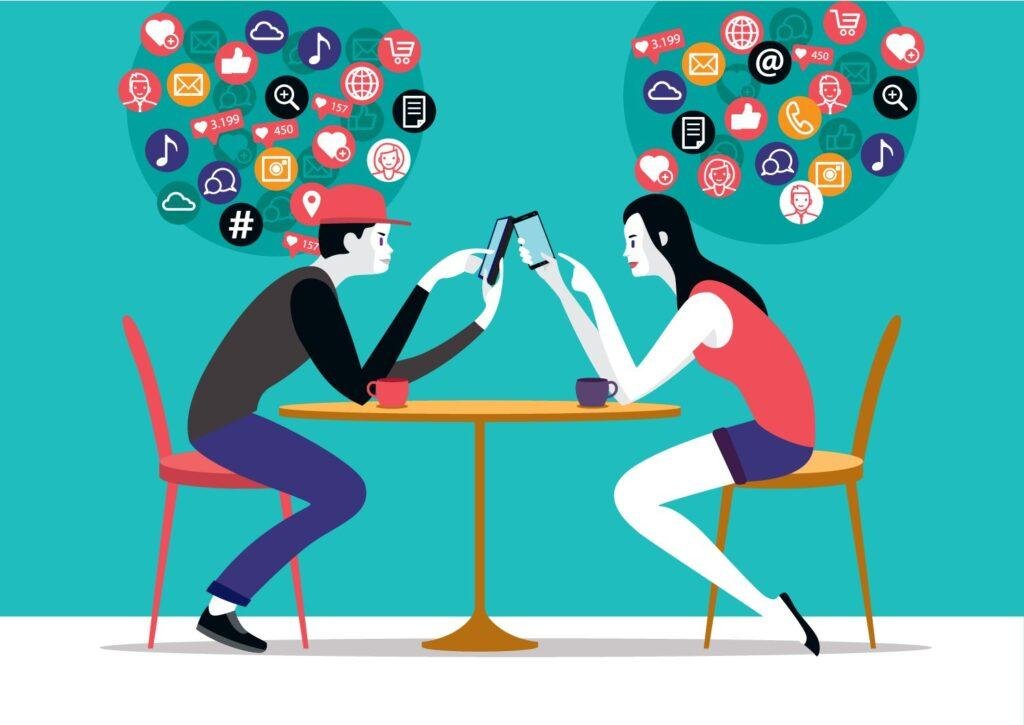People’s Responsibility in the Social Media World
People’s Responsibility in the Social Media World and Its Effects on the Reputation
In today’s digital age, social media has become an integral part of our lives, connecting people across the globe and providing a platform for sharing information, ideas, and experiences. However, this interconnectedness also comes with the responsibility that individuals must uphold.
People’s actions on social media can have far-reaching consequences on their own reputation and on others as well.
Firstly, it is essential for individuals to understand that what they post on social media is accessible to a vast audience. Once someone shares something online, controlling its spread and longevity can be challenging.
Therefore, responsible behavior on social media is crucial to maintaining a positive reputation. Posting offensive or inappropriate content can lead to severe repercussions, such as damaging personal relationships, hindering career prospects, or tarnishing one’s reputation in the eyes of peers and employers.
Secondly, users have a responsibility to engage with others respectfully and ethically on social media. Cyberbullying and online harassment have become pressing issues, causing emotional distress and harm to victims.

People must recognize the impact of their words and actions and strive to create a supportive and compassionate online environment. People can have productive discussions and disagreements, but they should always conduct them with respect for differing opinions.
Furthermore, individuals should be cautious about the information they share on social media platforms. Oversharing personal details can expose individuals to potential identity theft, fraud, or other forms of exploitation.
Maintaining privacy settings and being mindful of the content you share can safeguard your reputation and protect your personal information.
Beyond personal consequences, people’s behavior on social media can also affect the reputation of organizations, businesses, and public figures.
Negative comments, misleading information, or controversial posts about a brand or public figure can harm their reputation and finances. Responsible social media conduct can, conversely, enhance a company’s image and improve customer trust and loyalty.
Conclusion
Social media has transformed the way we interact and communicate, but it comes with significant responsibilities.
People should be mindful of their online actions and their potential impact on their own and others’ reputations.
Practicing responsible behavior, engaging with respect and empathy, and being mindful of the content shared are essential steps in maintaining a positive and reputable presence in the social media world. 온라인카지노





